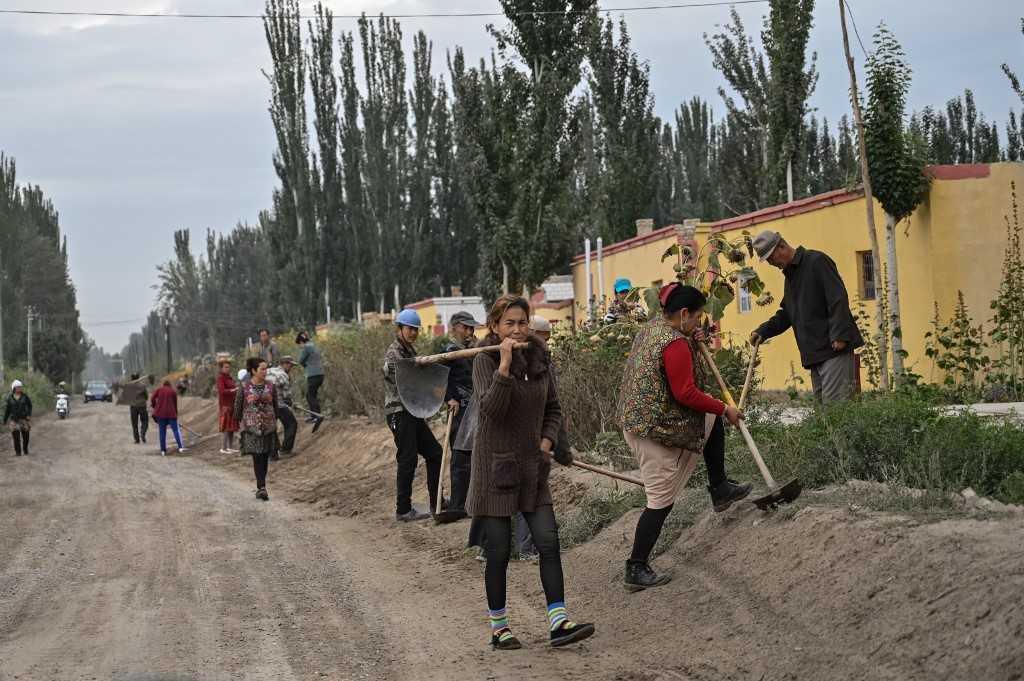EU seeks to ban products made with forced labour, document shows
The onus however is on national authorities to prove that forced labour was involved in making and processing the products.
Just In
Products made with forced labour or those imported into the 27-country European Union will be banned under draft EU rules, according to an EU document seen by Reuters, a move prompted by pressure from EU lawmakers concerned about human rights in the Chinese province of Xinjiang.
However, the European Commission's draft rules are less far-reaching than what EU lawmakers have proposed due in part to legal constraints. The EU executive will need to thrash out details with them and EU countries before the rules can become law.
"Such prohibition should apply to products for which forced labour has been used at any stage of their production, manufacture, harvest and extraction, including working or processing related to the products," the document said.
"The prohibition should apply to all products, of any type, including their components, and should apply to products regardless of the sector, the origin, whether they are domestic or imported, or placed or made available on the Union market or exported."
The rules target larger economic operators such as importers, manufacturers, producers and product suppliers because the risks of forced labour are most prevalent and the impact likely to be the largest, the paper said.
The onus however is on national authorities to prove that forced labour was involved in making and processing the products.
Subscribe to our newsletter
To be updated with all the latest news and analyses daily.
